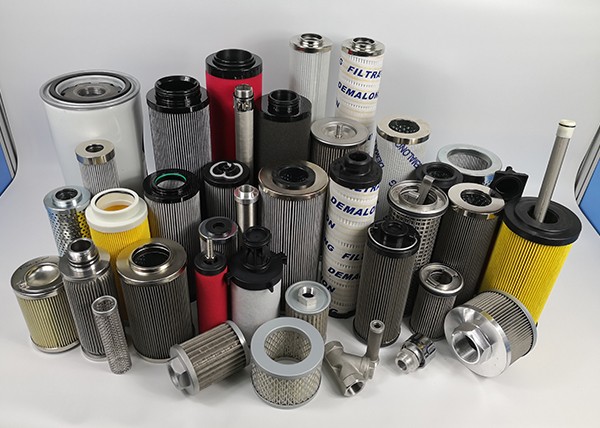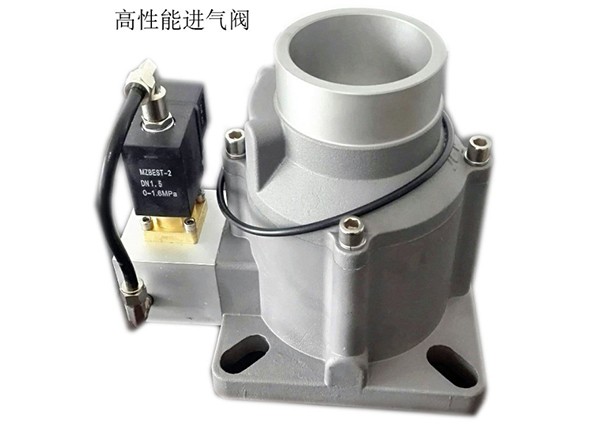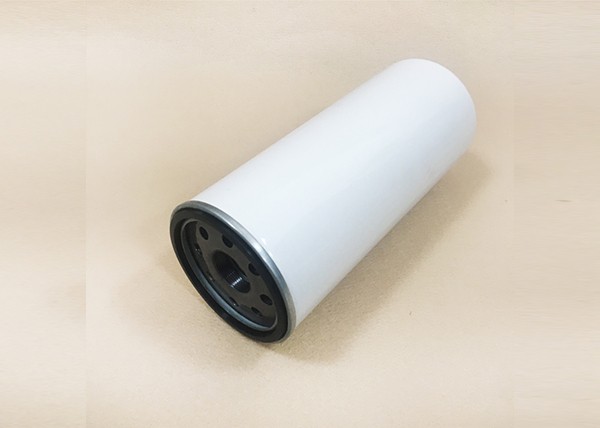Case of solution filtration in a chemical plant
The project started in September 2020. The customer sent us drawings of their equipment, hoping that we would customize the filter element with higher performance according to their existing equipment. Therefore, we selected 304, 304L, 316, 316L for comparison tests in the materials used. In the end, the most suitable materials were selected for each part, so as to achieve the goal of high cost performance. The welding point of the melt filter may be overlooked by many suppliers. We have also invested in scientific research and development in these details, making the details a breakthrough point for product upgrades.

Product:
Model: RT154698 and RT578454T
Accuracy: 1μm
Temperature: 300℃
Pressure: 30Mpa
Pollution holding capacity: 16.9-41mg/cm^2
Material: 304,304L,316,316L
In chemical production, many products such as chemical raw materials and organic solvents are corrosive to a certain extent. What kind of filter element should be used for filtering such corrosive solvents? Based on the performance evaluation of many filter materials, the materials of solvent filter elements that are considered to be better filter chemicals are: 304 stainless steel, 316L stainless steel, titanium alloy, nickel alloy, 904L and other metal materials. The filter element produced from these raw materials not only has good corrosion resistance, but also has high-quality mechanical processing performance and cleaning, regeneration and reuse performance. It is the best choice for chemical solvent filtration raw materials.
Our melt filter element selects 304 stainless steel, 316L stainless steel,
Customer feedback:
Help us choose the most suitable filter element, and also provide technical support for our filtration system. A high-quality supplier should be like this, not for the pursuit of pure sales, but for the customer’s equipment. The unit price is high. , But the overall calculation does save the cost of maintenance equipment.
Related suggestion











